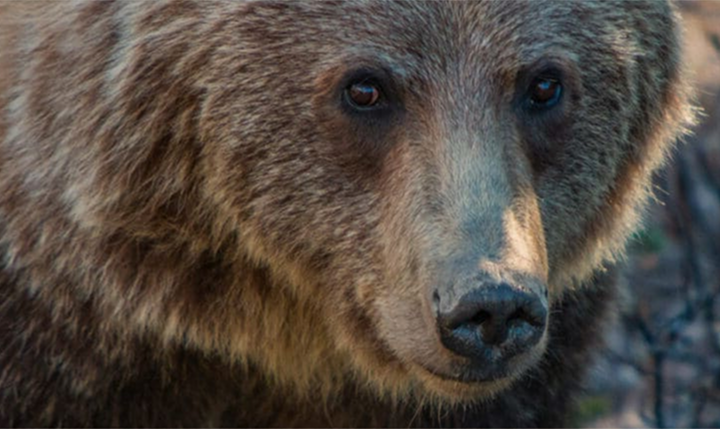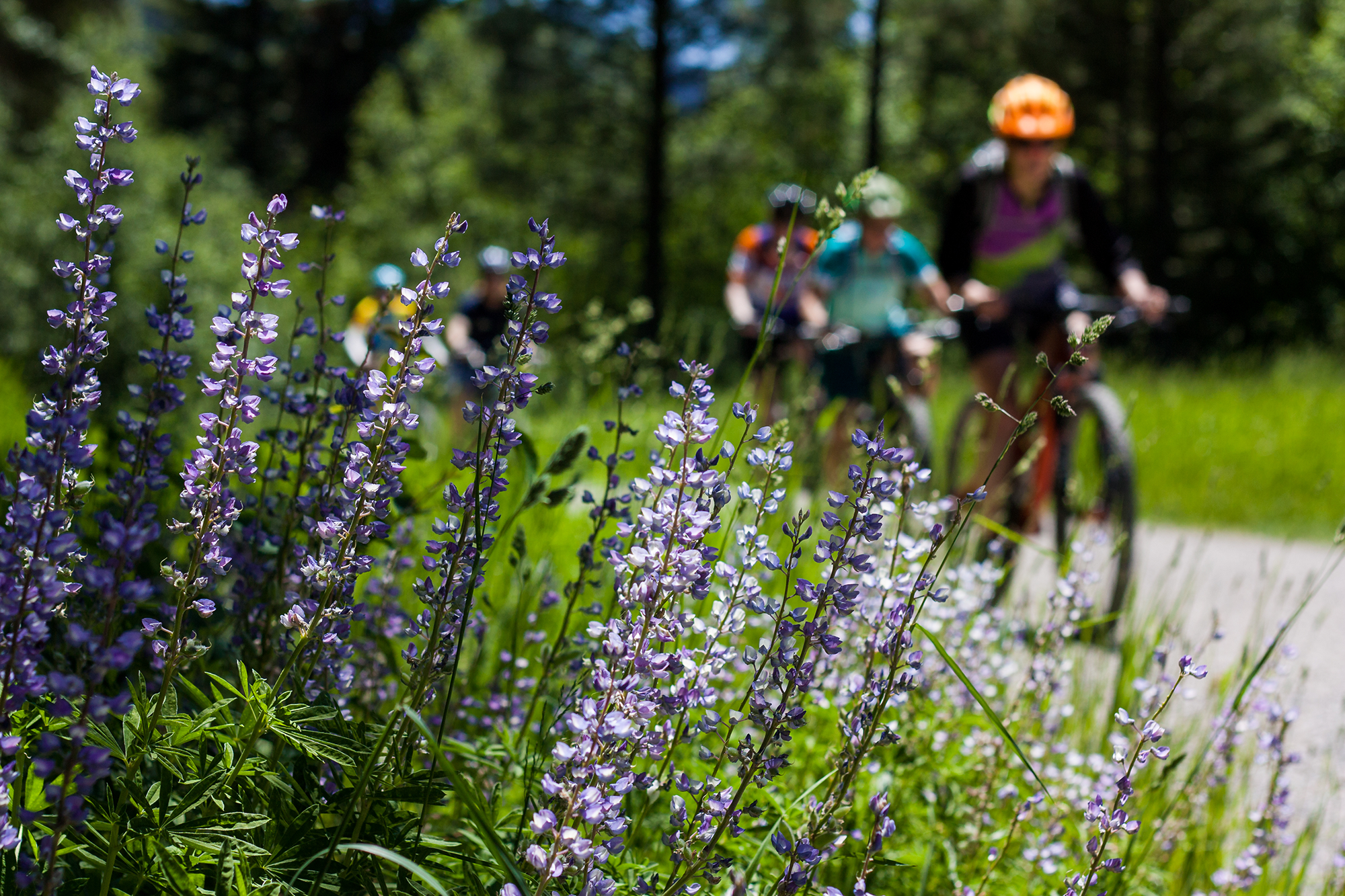Connecting with Y2Y’s Indigenous relations advisor Gwen Bridge
Indigenous Peoples have stewarded lands, waters, plants and animals since time immemorial and are often at the forefront of nature conservation.
Respecting the sovereignty and leadership of Indigenous nations, and supporting Indigenous-led conservation, can ensure a thriving future for people and nature.
Y2Y’s Exploring Ethical Space program is a series of online workshops fostering learning and discussion on how Indigenous Peoples and non-Indigenous people and organizations can come together to create prosperous communities and healthy landscapes.
The Indigenous Circle of Experts describe ethical space as “a venue for collaboration and advice, sharing and cross-validation” in their report, We Rise Together. This means creating a safe space based on mutual respect, kindness, and generosity for people to explore how to uplift Indigenous-led conservation together.

Gwen Bridge, a member of the Saddle Lake Cree Nation of Alberta and Y2Y’s Indigenous relations advisor, led the creation of Y2Y’s Exploring Ethical Space series, which launched in 2020.
The series includes presenters with unique knowledge and experience on topics ranging from Indigenous authority to revitalizing Indigenous law, place-based stories, partnerships for caribou recovery, transformative approaches to land-based reconciliation, and more.
The Exploring Ethical Space series connects people from different sectors and walks of life. Together, they develop a deeper understanding of nature, Indigenous worldviews, and what real-world applications of Indigenous-led conservation can look like.
How the Exploring Ethical Space series started
In 2019, Y2Y commissioned research on the Upper Columbia region of British Columbia to explore opportunities and challenges of balancing healthy ecosystems with a strong local economy — a vital focus on an area rich in old-growth trees and prime wildlife habitat, as well as growing rural communities.
This research discovered the need to create a forum for Indigenous Peoples and non-Indigenous people to meaningfully engage and problem solve together.
Y2Y planned to bring together regional land-use stakeholders and representatives from First Nations in the Upper Columbia for an in-person workshop to discuss how to transition to more sustainable economies in a way that aligns with Indigenous knowledge and laws, and ensures the incredible species and ecosystems of this region could continue to flourish.
When COVID-19 hit, everything changed.
The workshop went virtual and flourished into a three-part series in fall 2020. Participants from a variety of backgrounds joined, including B.C. government staff, Indigenous communities, academic institutions, researchers, adventure tourism businesses, forestry sector, and more.
The rich conversations, questions and engagement in these workshops have shown people’s desire to start or continue their own learning journey, and work together to support land-based reconciliation across the landscape.
Encouraged by all the positive feedback, Y2Y formally launched its Exploring Ethical Space program in 2021 — and two workshops that year were followed by four more in 2022.
Creating inclusive spaces for Indigenous-led conservation
The Exploring Ethical Space program takes participants on a learning journey to discover how Indigenous Peoples and non-Indigenous people can work together to nurture support for Indigenous authority and leadership in landscape conservation.
Gwen played a pivotal role by kicking off the series with a workshop introducing people to the concept of ethical space and Indigenous worldviews. She helped make this one of the first publicly accessible programs exploring Indigenous and non-Indigenous relationship building through an ethical space lens to provide deeper contributions to dialogue, increase public awareness, and guide real-world applications.
[Gwen Bridge] helped make [the Ethical Space workshop series] one of the first publicly accessible programs exploring Indigenous and non-Indigenous relationship building through an ethical space lens to provide deeper contributions to dialogue, increase public awareness, and guide real-world applications.
This program has helped people across sectors realize they can conduct their work and think in a different way while providing a space for Indigenous communities to share their stories. Exploring Ethical Space elevates participants to something deeper: creating and sustaining prosperous communities and healthy landscapes through Indigenous-led conservation.
Y2Y also conducted surveys after the workshops to gain feedback and insight into participants’ experiences. They expressed being motivated to attend the workshops to increase support and understanding for Indigenous perspectives and leadership, and because the workshop topics are applicable to their work or research. The majority reported feeling safe and in an inclusive environment.
Participants found the workshops increased their awareness of Indigenous worldviews and understanding of how Indigenous legal frameworks relate to their work. Many also noted the workshops increased their confidence to advocate for Indigenous sovereignty and authority in the work they do.
“I really value hearing First Nations voices speaking on issues of land and natural resource management in order to help me decolonize the narrative I have been raised with as a settler and help me on my journey of reconciliation,” said one Ethical Space workshop participant.
Y2Y’s Exploring Ethical Space series advances a deeper understanding of Indigenous-led conservation across governments, private sectors, academic institutions, and more while uplifting Indigenous voices. Together, we’re elevating ourselves into a deeper level of respect and support for Indigenous-led conservation to spur large landscape conservation.
With this knowledge, we can reframe the vision for what nature protection looks like across the Yellowstone to Yukon region and more meaningfully support the creation of Indigenous Protected and Conserved Areas (IPCAs.)
Learn more about the Exploring Ethical Space series by watching the workshops online.


